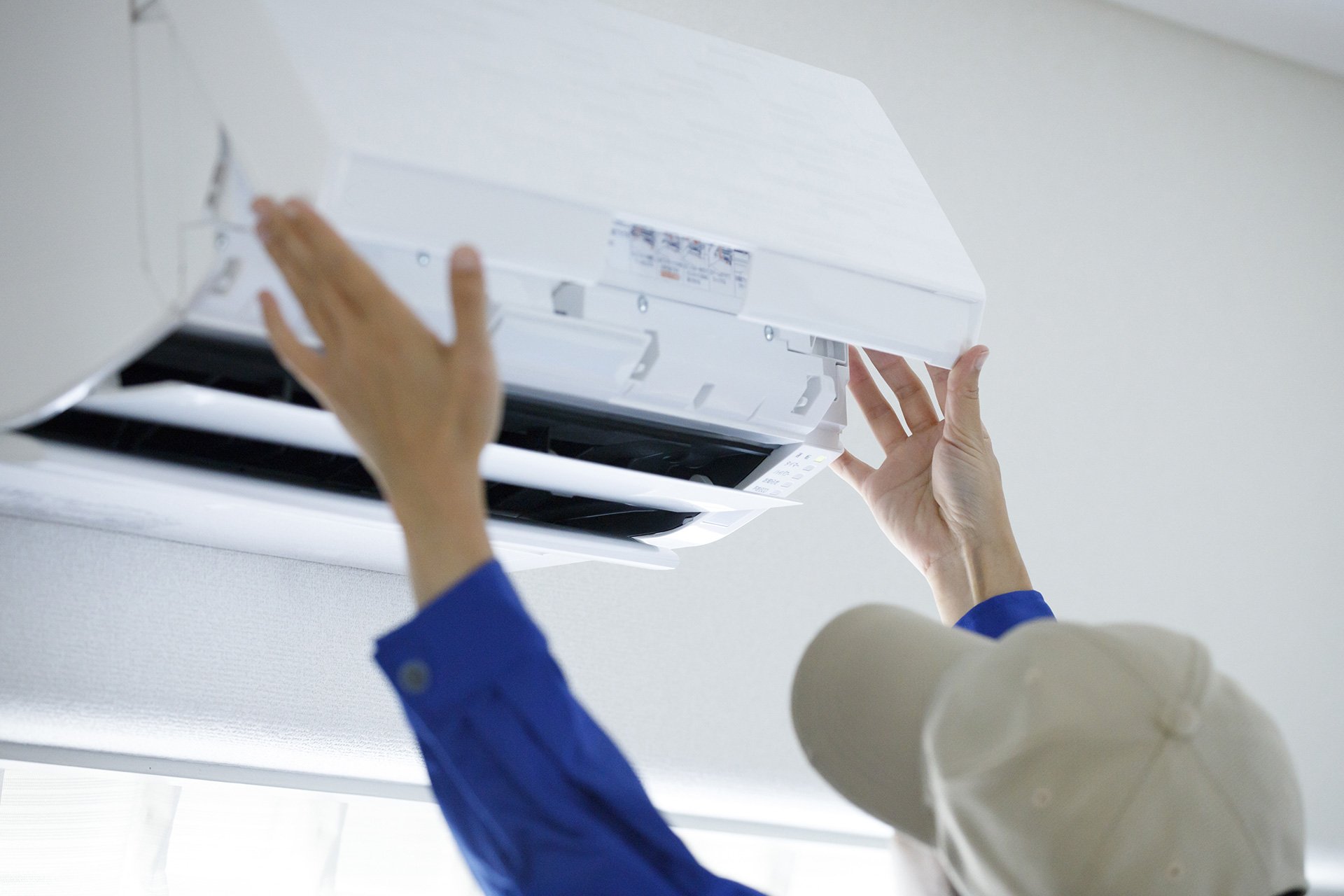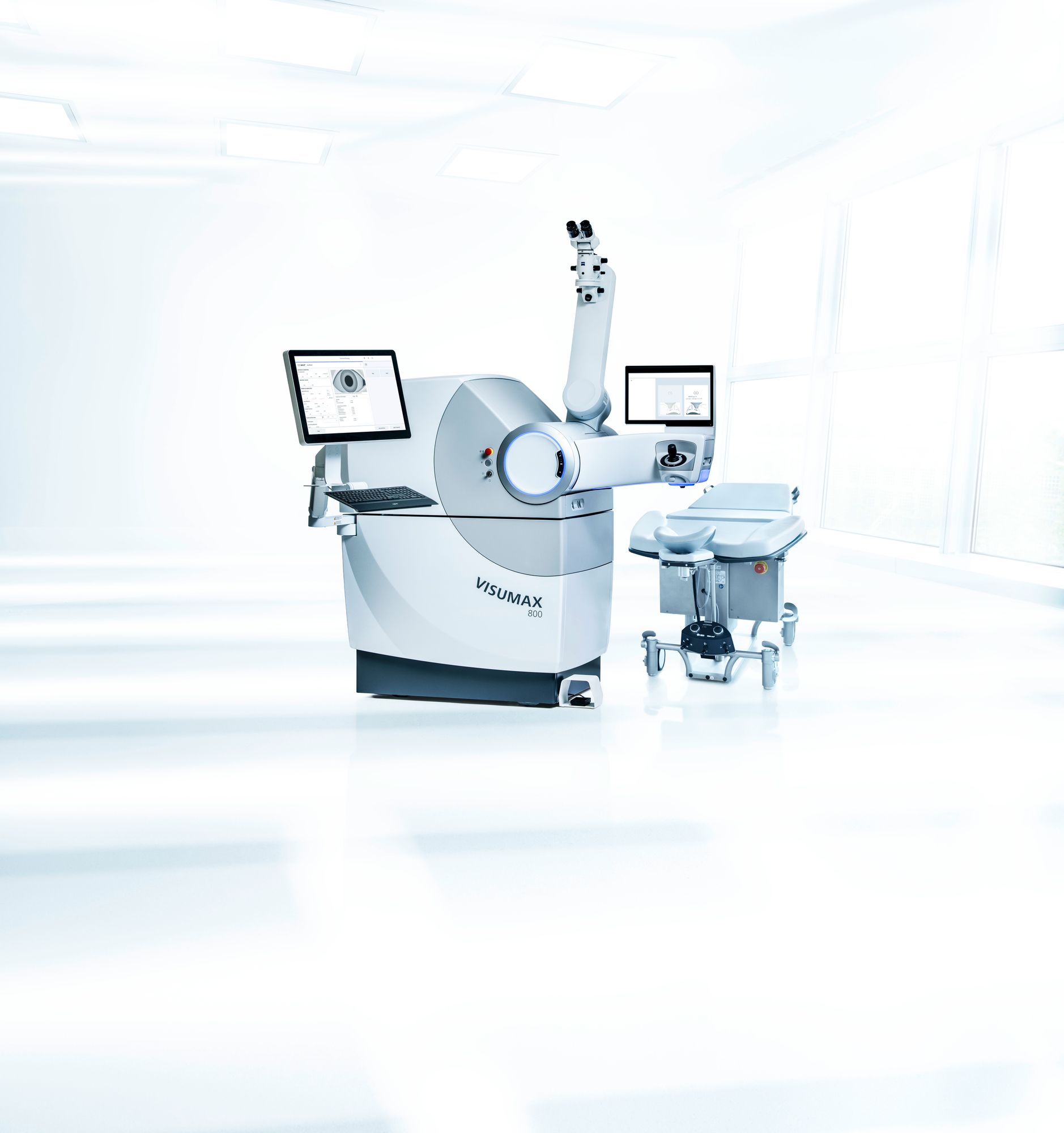Can You Fly After ICL Surgery?
Short Answer: Yes, but Timing Matters
Generally speaking, yes — you can fly after ICL surgery. But the timing depends on your personal recovery, how well your eyes are healing, and your surgeon’s approval. Some clinics say the wound and eye-healing are stable enough to fly within a few days, while others advise staying longer to ensure follow-up checks.
What Flight-Related Issues to Consider
✈ Cabin Air & Dry Eyes
Airplane cabins have low humidity and dry air, which can worsen eye-dryness especially after surgery. Bring lubricating (preservative-free) eye drops and use them regularly.
🔍 Follow-Up Care Access
Early follow-up exams matter after ICL — checking intraocular pressure, lens position (vault), and healing. It’s best if your travel schedule allows for at least one in-person post-op check before leaving the city where you had surgery.
🧳 Flight Duration & Distance to Home
Long-haul flights, multiple time zones, or remote destinations without easy access to your surgeon may increase risk. If you’ll be far from your clinic or heading to a place with limited eye-care access, a longer post-op stay is safer.
🩺 Eye Pressure & Complications
While ICL is internal, there are risks of eye pressure elevation or lens vault issues. If such complication occurs, being near your surgeon is safer. Plan your travel accordingly.
Typical Waiting Period After ICL Before Flying
- Some clinics suggest you can fly within a day after ICL if everything is normal.
- Others recommend waiting 3–5 days (or until first check-up) before flying, especially for long flights.
- For international/invasive travel or complex cases, staying an extra day or two may be prudent.
What to Discuss with Your Surgeon Before Booking a Flight
- Ask: “Have you assessed my lens positioning (vault), intraocular pressure, and initial healing such that flying is safe for me?”
- Confirm when your first post-op check is scheduled and if that will be completed before you travel.
- Ask for written instructions for flying: eye-drop schedule, protection (sunglasses/eye shield), hydration, screen-time limits.
- Get a plan for what to do if problems arise after you fly home (remote consultation, local doctor referral).
Travel & Flight Tips After ICL
- Pack preservative-free artificial tears in your carry-on.
- Wear UV-protective sunglasses, especially after surgery when eyes may be light-sensitive.
- Stay hydrated, avoid excessive caffeine/alcohol which may dry out your eyes.
- Avoid rubbing your eyes, and skip heavy screen use (movies, reading) during the flight if possible.
- Ensure you have travel insurance that covers complications after your eye surgery.
Final Thoughts
Flying after ICL surgery is definitely possible — and many patients do it successfully. The key is your eyes must be in stable condition, your surgeon must give approval, and you should have follow-up plans in place.
If you’re planning ICL surgery in Korea and will fly back home afterwards: schedule your stay long enough to get your first check-up, ensure your eye condition is stable, and travel prepared.













